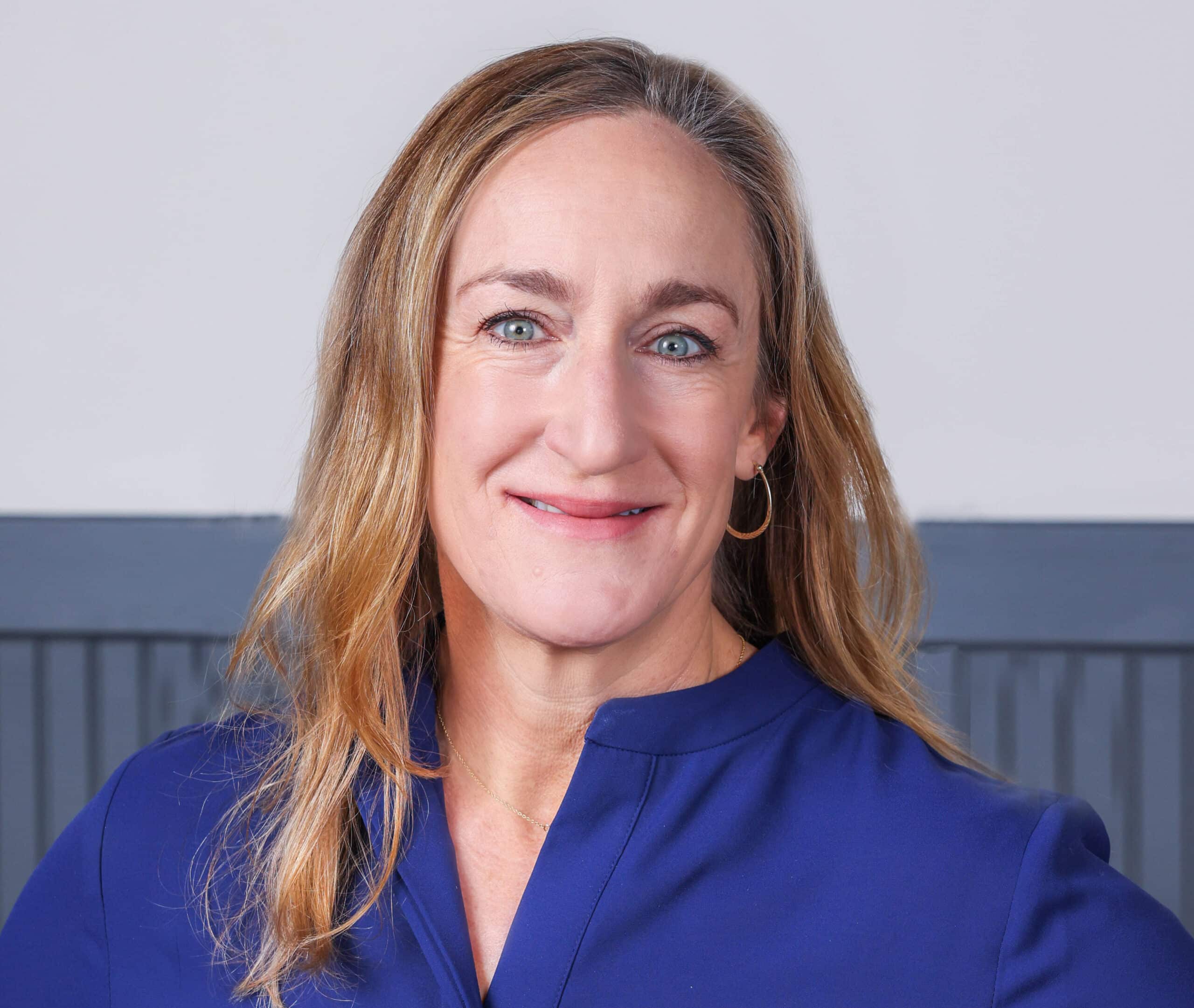When energy leaders get together, I’m struck by their relentless, courageous problem-solving.
Problem-solving is in their DNA: Their organizations are dominated by engineers and scientists; they are tasked with life-affirming and life-critical work; and their jobs are always presenting new, complex challenges that can’t be deferred or half-assed.
Today I’m bringing you some key takeaways from the Real Decarbonization Consortium I was honored to co-host in February with Stanford University’s Natural Gas Initiative and managing director Naomi Boness. (The takeaways are unattributed because we were operating under Chatham House rule.) These universal findings will give you shortcuts to success amidst the choppy waters we’re all navigating.
Both of these things are true:
- You are damned if you do … invest in real sustainability, from decarbonization to ESG efforts. You will receive critiques from all directions.
- You are damned if you don’t … because status quo operations are never an option for future-focused businesses. Leaders know they need to chart a real sustainability path forward, regardless of the uncertainty and static.
The situation
In the past six months, the ground under executives charged with new-energy and decarbonization efforts has shifted dramatically. Novel observations from our workshop include these three:
- It’s so easy to say no to a project, any project. Leaders of companies across the oil and gas value chain are just now recalibrating to a world where NIMBY has morphed into BANANA (build absolutely nothing anywhere near anyone). Stopping a project is infinitely easier than getting one built. For more insight, read my recent BT (The Irony of Renewable Energy) on this dynamic. What’s new is that the risk to projects is now omnipresent and existential and must be a core consideration in your strategic planning.
- Politicization of everything is leaving you, the leader, less room to navigate. Oil and gas companies now face pushback from historic supporters because of their decarbonization, ESG, and new-energies commitments. Companies are being asked to pick a side in a world where the old sides no longer make any sense to energy company business objectives. Oil and gas leaders embrace a world that requires ever-more, ever-cleaner energy. Conveying all this in a polarized reality is a relatively new challenge.
- Pressures from financial institutions to decarbonize have seemingly evaporated. Meanwhile, the anti-ESG forces have muddied the expectations of companies from investors, bankers, and shareholders. Analyst days once dominated by talk of net-zero commitments can now go by without a single ESG or decarbonization question. Companies know they must address broad stakeholder interests in sustainability, but how far should they go?
Any normal group of people would sit around and lament the pickle they are in. But the participants in our consortium had an unmistakable gallows humor: Sure, it was impossible—
but that had never stopped them before. They understand that energy companies like theirs must meet this seemingly impossible moment because the alternative (promoting dueling apocalypses) is unacceptable as leadership and as a business strategy.
In addition: These leaders understand that paralysis in the face of so many obstacles poses its own significant risks. One participant succinctly summarized: “Our job is to manage these risks against the greater risk of doing nothing.” In the face of being damned both by action and inaction, they’re choosing action every time.
Seize the day
I’ll be writing about more things I learned in the coming weeks, but one thread runs through all the takeaways: Companies have an extremely diverse array of stakeholders, and real sustainability work must be crafted and communicated in a way that acknowledges their diversity without being wishy-washy. My favorite three phrases that will describe our real sustainability work going forward:
- “Compelling enough.” For a while, businesses of all kinds were throwing everything at their ESG and net-zero commitments—which alienated a lot of their traditional supporters, customers, and even employees. As companies make course corrections to a business-driven, sustainable middle ground, their strategies cannot be all things to all people. They need to be authentic, consistent, and defensible even among polarized parties. In other words, compelling enough.
- Workforce-centric. Among polarized audiences and competing agendas, one element is constant: Everyone loves the workforce. And so do you! So put your workforce’s innovation, evolution, and participation at the center of strategic planning and communications. The workforce’s role is a grounding driver of your sustainability strategy.
- Deeply considered. You already know how much detailed analysis has gone into companies’ real sustainability strategies. As one participant stated, “Convey that you have thought about this work deeply.” Communicate the depth of your understanding and analysis of the issues at hand. Demonstrate that your vision is grounded in thorough research, data-driven insights, and careful consideration of various factors and perspectives. I know you’ve done that—but most of your stakeholders don’t.
I’d like to thank Julia DeTar for her help in writing this edition. I am delighted to welcome Morgan Gass to Adamantine.
Please reach out for your consultation to learn more on how we help companies with their real sustainability strategies. If this email was forwarded to you, you can sign up here.
To even more learning,
Tisha

